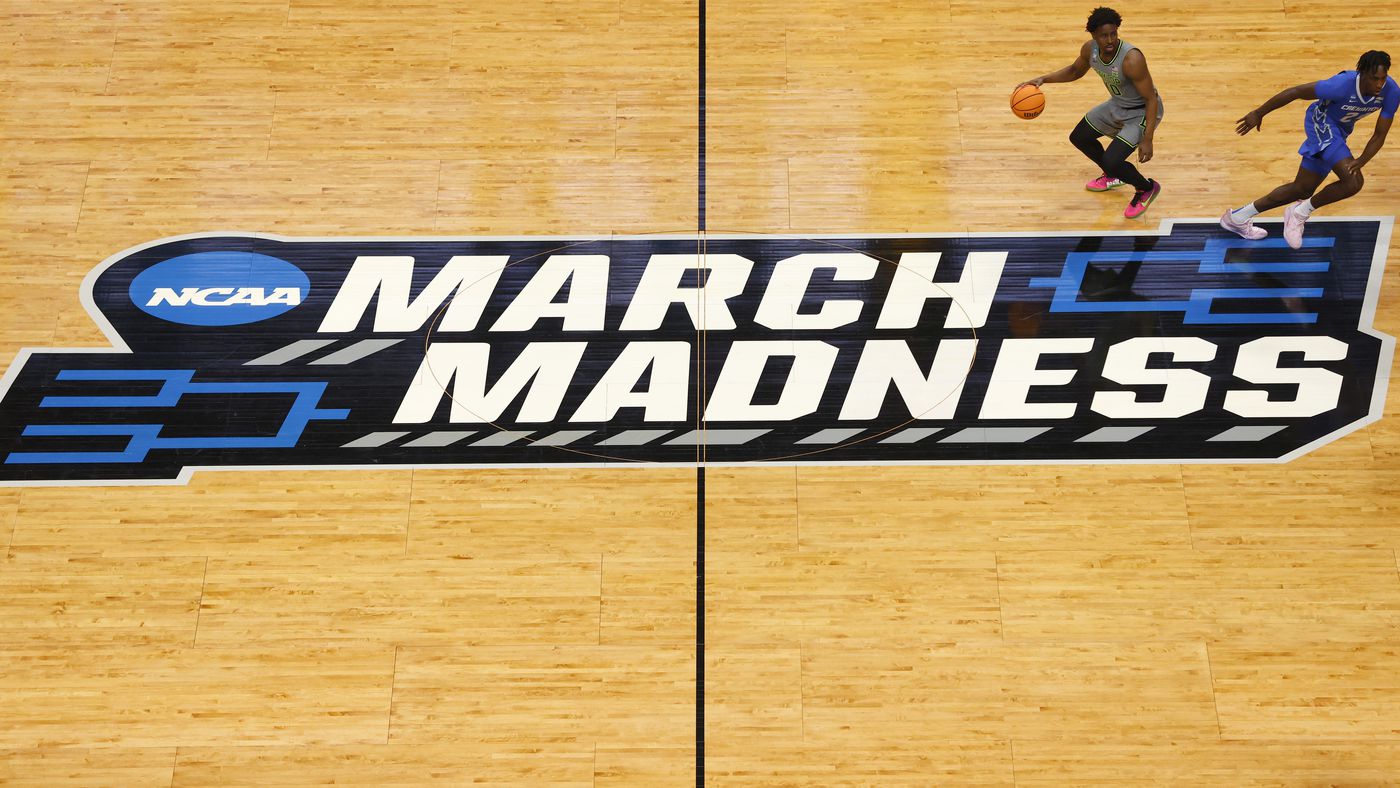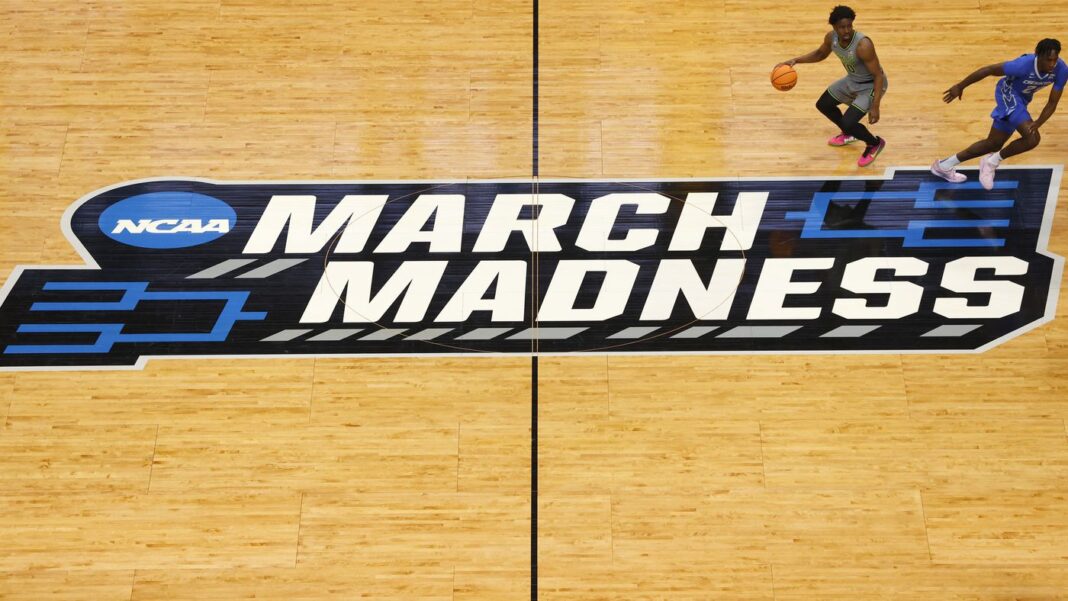
In a groundbreaking move, the NCAA Committee on Competitive Safeguards and Medical Aspects of Sports has recommended legislation that would eliminate cannabis from the list of banned drug classes across all three NCAA divisions. The announcement, made on Friday, comes as a significant shift in the NCAA’s approach to drug testing, reflecting changing cultural and legal attitudes towards cannabis.
The committee’s recommendation centers on a “robust educational strategy” for college athletes concerning cannabis. It underscores several key points:
**1. Ineffectiveness of Existing Policy: ** The committee has acknowledged the ineffectiveness of the current policy, which involves banning, testing, and penalizing athletes for cannabis use. Critics argue that such policies do not align with the actual impact of cannabis on athletic performance.
**2. Focus on Performance-Enhancing Substances: ** The NCAA’s drug-testing program will now concentrate solely on performance-enhancing substances, recognizing that cannabis does not fall into this category.
**3. Emphasis on Harm Reduction: ** A critical element of the recommendation is the shift towards a harm-reduction strategy. Rather than imposing penalties, the new approach prioritizes education and support at the school level, ensuring that student-athletes receive the help they may need while mitigating punitive consequences.
The NCAA stated, “Cannabis is not a performance-enhancing drug, and that a harm-reduction approach to cannabis is best implemented at the school level.”
The committee’s decision is indicative of the changing “cultural and legal landscapes” surrounding cannabis use in the United States. With numerous states legalizing recreational and medicinal use of cannabis, the NCAA’s previous stance appeared increasingly out of touch.
What happens next is contingent on the NCAA’s three divisional governing structures. The timetable for adopting this new legislation rests in their hands. Committee chair James Houle, lead sport psychologist at Ohio State, emphasized the importance of the membership having a say in the outcome. He stated, “We are recommending a big shift in the paradigm when it comes to cannabinoids. We want to modernize the strategy with the most up-to-date research to give schools the best opportunity to support the health of student-athletes.”
The recommendation is expected to ignite a significant conversation within the NCAA, shaping the future of cannabis use policies in college sports.
Read the whole article here.











